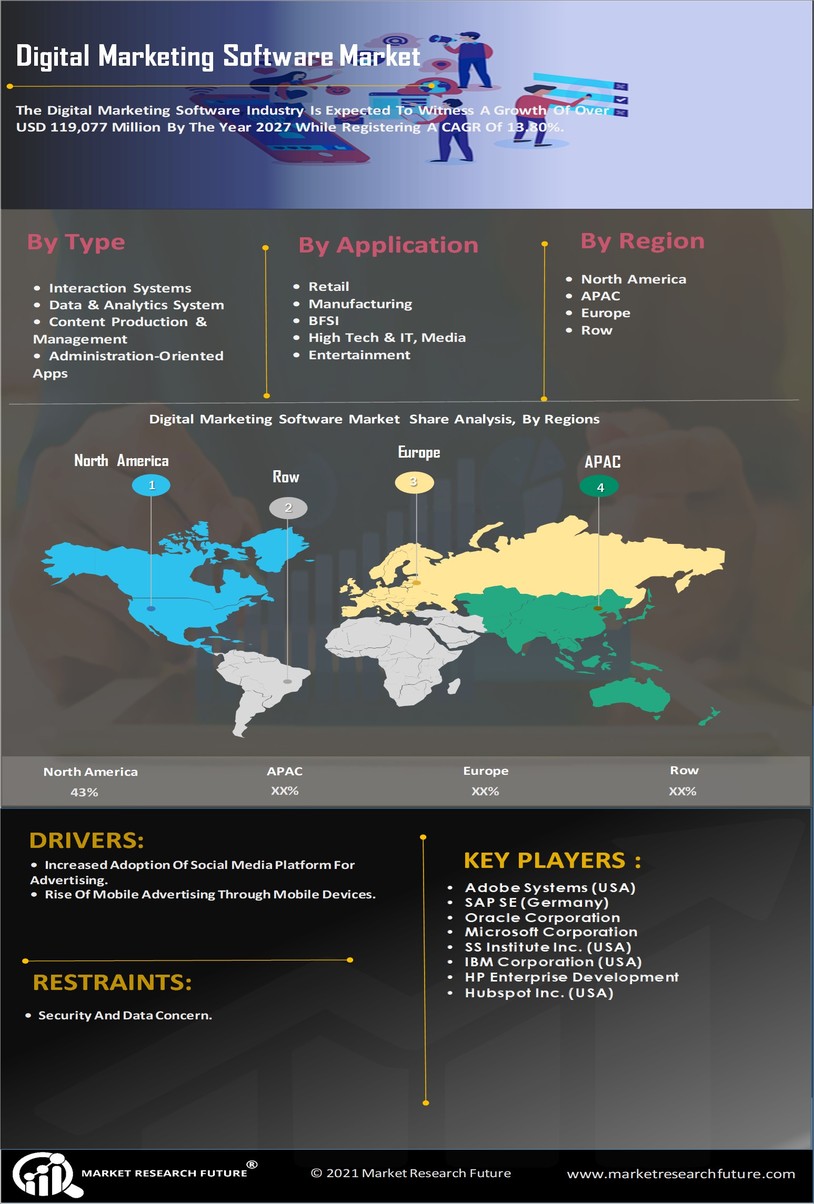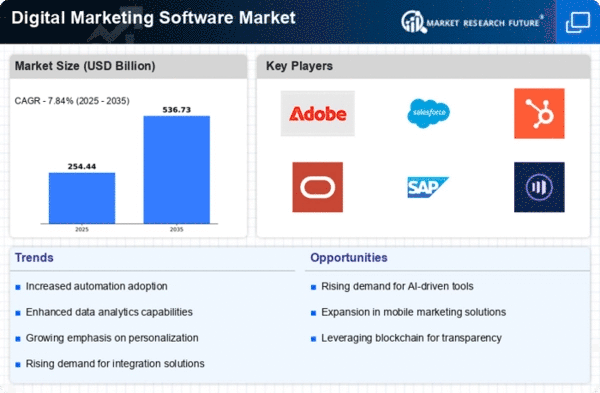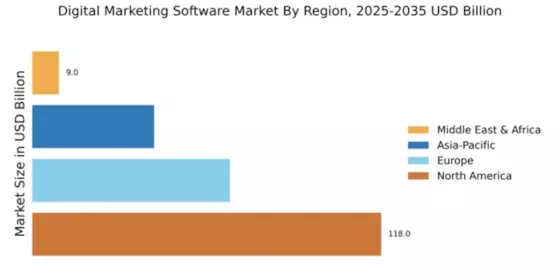Research Methodology on Digital Marketing Software Market
This research project aims to analyze the current market trends, opportunities, and challenges of the digital marketing software market. In order to gain meaningful insights and comprehensive analysis, the appropriate methodology has been used while conducting the research study. The following methodology has been identified to ensure the structure and validity of this research report.
Primary Research
Primary research includes extensive interviews and surveys with industry experts, professionals, and stakeholders to gain in-depth knowledge of the digital marketing software market. One-on-one interviews and surveys were conducted both in person and through telephonic conversations. It held the most significant part in offering relevant data for the assessed market. Our primary research team has carried out conversations with the leading market players providing an augmented understanding of the digital marketing software market and its assorted dynamics.
Secondary Research
Secondary research was conducted through magazines and journals, newspapers, press releases, white papers, government websites, verified paid sources, and industry-oriented websites to gain valuable statistical information and gather information about the digital marketing software market. Furthermore, reliable secondary sources such as Annual reports from leading companies, official websites, Market Line Reports, Factiva, and other databases have been used to confirm and aggregate market data.
Data Triangulation
In order to arrive at a valid conclusion and obtain an accurate assessment of the digital marketing software market, a triangulation methodology was applied. This method is efficiently used to validate in-depth secondary and primary research compiled data. The data collection and statistical analysis were further verified with data gained through principal sources. This helps build a genuine and consistent picture of the market and eliminates the risk of biases and errors in estimates.
Data Synthesis and Analysis
The collected data is tabulated and carefully analyzed. Comprehensive data analysis is done using advanced data analysis and graphical representation tools. Appropriate and simple analytical models have been used to comprehend the complex structure of the digital marketing software market. Descriptive, comparative, and segmental analysis of the market has been used to secure required and reliable information for further assessment. The collected data has been then reviewed and evaluated considering the macro and micro factors impacting the industry to project the future of the digital marketing software market.
Market Estimation
A forecasting model is used to estimate the value of the digital marketing software market. The bottom-up and top-down approaches are used to estimate the regional, segmental, and total market size. The information collected from the industry stakeholders, reliable and verified secondary sources, and primary research on the digital marketing software market is used to derive the market size. The projections are made considering the current market landscape and the assumed upcoming scenario.


















